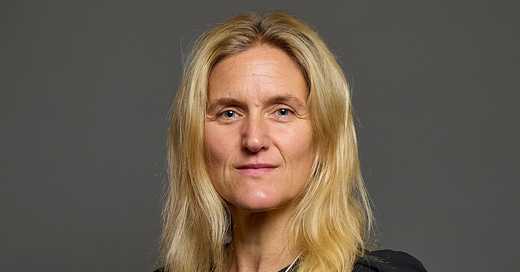Nearly 50 leading teachers and practitioners of law signed a letter to the Observer yesterday expressing “serious misgivings about the proposal to legalise physician-assisted suicide for the terminally ill”.
Their main concern was the risk of undue influence on the vulnerable. But they were also concerned that the proposed legislation — a private member’…
Keep reading with a 7-day free trial
Subscribe to A Lawyer Writes to keep reading this post and get 7 days of free access to the full post archives.



